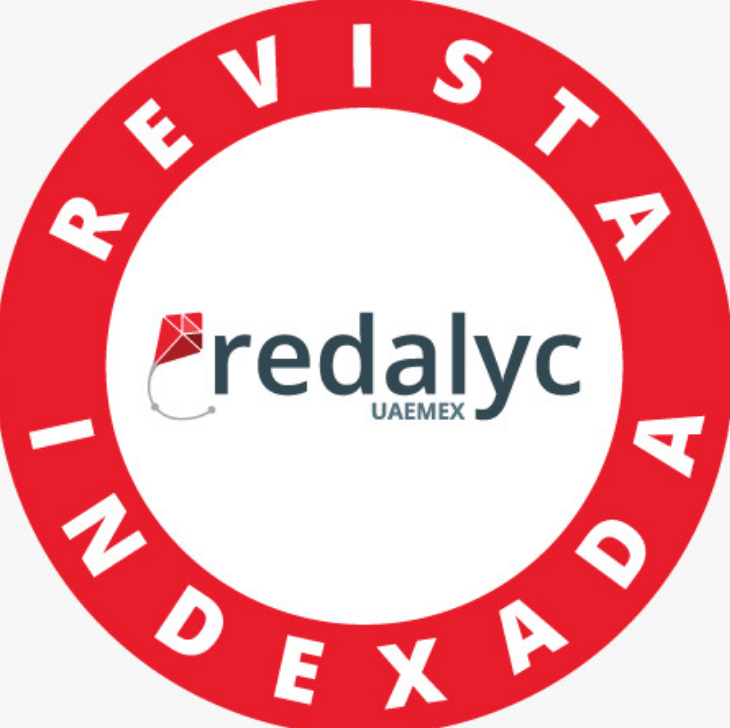Web Automation of EPN's Electoral Voting Process Using Blind Signature Security Scheme
Keywords:
Electronic Voting, Blind Signing, RSA, ScrumAbstract
Currently, the Escuela Politécnica Nacional has an electoral process that is done manually. Therefore, it represents considerable management work when it comes to being carried out. Also, given the nature of manual processes, it is subject to human errors. As a solution to these and other problems of the electoral process in force in the institution, the present work proposes its automation through an electronic voting system. The proposed system implements a blind signing security scheme to control both the privacy of the voter and the validity of the votes. The development was carried out under the SCRUM framework, due to its adaptation to small development teams and its focus on delivering functional software in short periods of time. The system implements a Model-View-Controller architecture, having the development of the view in the JavaScript framework, Angular, the controller in Microsoft .NET Framework and finally the model in SQL Server. On the other hand, the system has been subjected to usability and functionality tests, so it was determined that it is excellently usable and satisfactorily meets 100% of the user requirements obtained.
Downloads
Downloads
Published
Issue
Section
License
Copyright Notice
Authors who publish this journal agree to the following terms:
- Authors retain copyright and grant the journal right of first publication with the work simultaneously licensed under a Creative Commons Attribution-Non-Commercial-Share-Alike 4.0 International 4.0 that allows others to share the work with an acknowledgement of the work's authorship and initial publication in this journal.
- Authors are able to enter into separate, additional contractual arrangements for the non-exclusive distribution of the journal's published version of the work (e.g., post it to an institutional repository or publish it in a book), with an acknowledgement of its initial publication in this journal.
- Authors are permitted and encouraged to post their work online (e.g., in institutional repositories or on their website) prior to and during the submission process, as it can lead to productive exchanges, as well as earlier and greater citation of published work.
Disclaimer
LAJC in no event shall be liable for any direct, indirect, incidental, punitive, or consequential copyright infringement claims related to articles that have been submitted for evaluation, or published in any issue of this journal. Find out more in our Disclaimer Notice.











